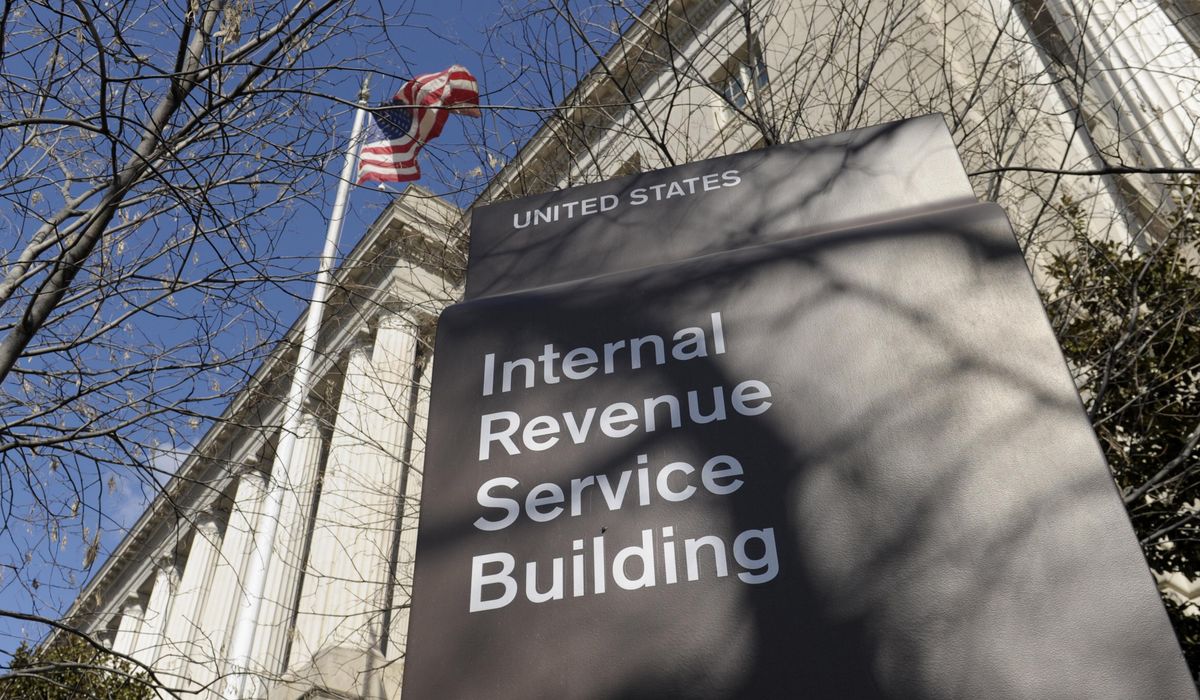


Black taxpayers are far more likely to face audits than others, according to a new study released Tuesday.
Researchers said the chance of audit on a return filed by a Black household is between 2.9 and 4.7 times more likely than non-Black taxpayers.
And they pinpointed the chief reason why: the IRS’s automated systems that assign audits to tax returns that claim the Earned Income Tax Credit, a program to benefit the working poor. The algorithm flagged Black taxpayers at a far higher rate.
“Racial disparities in income are well known, and what the IRS chooses to focus on has big implications for whether audits complement, or undercut, a progressive tax system,” Daniel E. Ho, one of the researchers, said in a piece published by Stanford University.
On Capitol Hill, Democrats said the findings were a symbol of “racial biases” built into the government’s systems.
“This is unacceptable,” said Rep. Richard Neal of Massachusetts, the top Democrat on the House Ways and Means Committee.
The new report was issued by Stanford’s Institute for Economic Policy Research and was written by researchers from Stanford, the University of Chicago, the University of Michigan and the Treasury Department.
It breaks new ground with its racial analysis.
The IRS is one of the few government agencies that does not probe into race or ethnicity, which has confounded past efforts to study tax issues through that lens. So the researchers inferred taxpayers’ race using names and locations.
They then matched that data against audit rates in 2014 to come up with their calculations.
The researchers found a persistent gap between Black and non-Black filers at all income levels, but it was particularly stark for those with reported incomes of $35,000 or less.
Part of the difference is the rate at which Black residents claim the EITC, which would seem to be a matter of income and wealth. But the researchers said even taking only the universe of those claiming the EITC, there’s still a large disparity.
They said it appears to stem from the measures the IRS uses to decide which tax returns show the most probability of misreporting.
For example, the IRS is less likely to audit an EITC return that reports business income, likely because the business-income returns are more costly to audit.
But Black taxpayers make up 10% of EITC returns that include business income, and 20% of returns that do not include business income — so the choice to avoid business-income filings hits Black taxpayers at a higher rate.
A Black single male tax filer with dependents who claims the EITC has a 1-in-11 chance of being audited. A non-Black taxpayer in the same boat has a 1-in-33 chance.
The probability goes down for women and those filing joint returns, though in all cases Black filers face a higher chance, according to the new research.
• Stephen Dinan can be reached at sdinan@washingtontimes.com.
